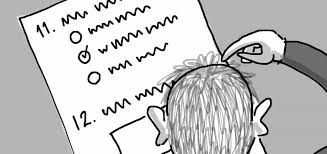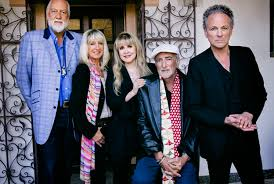
A Reversal in Attitudes toward Religion?
I often mention the “nones” in these blogs. Those are people – mostly under the age of 40 – who enter “none” when asked on surveys which religion they profess.
Surveys during recent years have shown a dramatic increase in their numbers as well as a decrease in church attendance and church membership, especially among the mainline Protestant denominations (Methodists, Presbyterians, Episcopalians, etc.)
Now comes the new “2020 Census of American Religion” from the Public Religion Research Institute. Perhaps its most surprising finding is that the steady rise in the percentage of Americans who have no religious identification has slowed and even reversed.
The increase in proportion of religiously unaffiliated Americans had occurred across all age groups but had been most pronounced among young Americans. In 1986, only 10 percent of those ages 18–29 identified as religiously unaffiliated. In 2016, that number had increased to 38 percent but declined in 2020 to 36%.
Surpassed Evangelicals
The survey also shows that among white Christians, mainline Protestants have reversed a long-standing decline in membership and have surpassed Evangelical Protestants. And the steady drain of U.S. white Catholics has also seemed to stop.
“The slight increase in white Christians between 2018 and 2020 was driven primarily by an uptick in the proportion of white mainline (non-evangelical) Protestants and a stabilization in the proportion of white Catholics,” according to the Institute.
“Since 2007, white mainline (non-evangelical) Protestants had declined from 19 percent of the population to a low of 13 percent in 2016, but the last three years have seen small but steady increases, up to 16 percent in 2020.
White Catholics had also declined from a high point of 16% of the population in 2008, and their low point of 11% occurred in 2018. It is unclear if the bump back up to 12% in 2020 indicates a new trend.
Nearly 16 Million Increase
As for Catholics, it may be surprising for some to learn that the numbers of Catholics worldwide continues to rise significantly. That number, released by the Vatican last year, showed that between 2017 and 2018, the number of Catholics worldwide increased by almost 16 million, to 1.33 billion.
The growth, says the Vatican, was present across all inhabited continents, with an increase of 94,000 in Europe, 9.2 million in Africa, 4.5 million in the Americas, 1.8 million in Asia, and 177,000 in Oceania.
What does all this mean?
It’s hard to say. Some of these numbers may be mere blips. In any case, the popularity of something doesn’t say much about its value, in my opinion. The new numbers may say, however, that all the talk about the demise of religion may be a bit premature.
Religious faith is an anchor for millions of Americans and billions of people around the world. It provides meaning, and for many, peace and joy.
Intellectual Honesty
Some skeptics, including some who are searching for God, may say that anchoring, meaning, peace, and joy come at the price of surrendering your intellectual honesty, that belief in God is a matter of wishful thinking.
I disagree. There are rational reasons for believing in God, among which are the billions of witnesses through the ages who have testified, sometimes at the cost of their freedom and lives, not only to God’s existence but to God’s loving kindness.
The testimony of witnesses may not be scientific proof, but it’s at least as good as what you find in a court of law.



